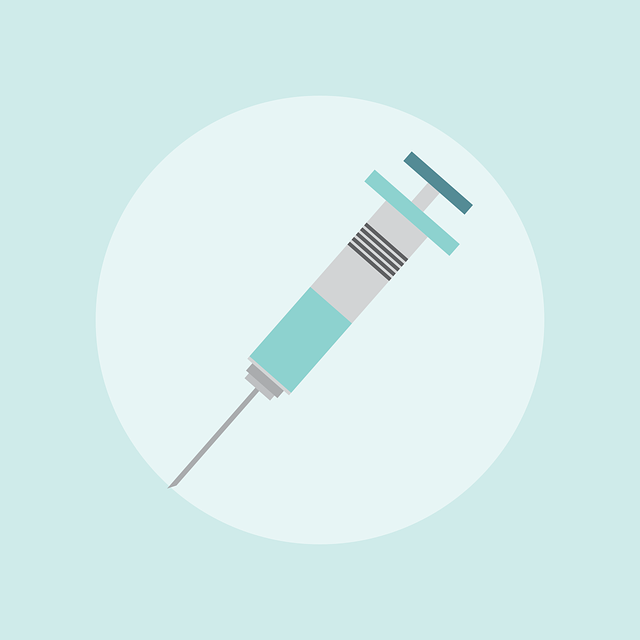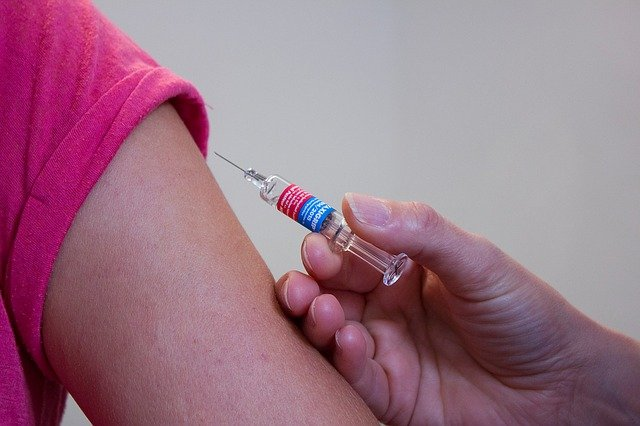Parent's Guide to Making Shots Less Scary for Your Kids
Getting vaccinated can be daunting for some people, particularly children and young people. They may be anxious, scared or needle phobic.
But what can parents do to help prepare their child for the COVID-19 Pfizer vaccination or other injections?
This post provides some tips and techniques for supporting them whilst they are receiving their injection.
Does your child have a needle phobia or is afraid of needles? Helping overcome your child's fear of shots will help make doctor visits a much more positive experience for both of you.
Negative experiences that many kids may have early on can actually lead to long-term health issues. So more importantly, you may increase the odds that your child will seek appropriate medical care for years to come.
Injections may sting for a few seconds, but as we have seen lately with the Covid vaccine or flu shot they play an important role in preventing and managing a wide variety of serious health conditions.
As a parent, you can help your child to feel more comfortable getting a shot at the doctor’s or pediatrician's office. Try these tips to help your child overcome their fear of shots.
How to Help a Child Who’s Afraid of Shots
There are many things you can do if your child is anxious or scared. Research shows that these techniques can help reduce anxiety and make the injection less painful.
It also helps to explain to your doctor or healthcare provider know beforehand, so they can be prepared. Doctors and nurses will have their own strategies for dealing with patients who have needle phobias. They've spent a lifetime giving injections, so they will know every trick in the book.

Try these coping strategies:
-
Be honest. As parents you’ll lose credibility if you tell your child they won’t feel any needle pain. Let them know what to expect. Don't tell them it won't hurt if it does. Use comparisons they can understand, like being pinched or stubbing their toe.
-
Stay calm. Your child will be influenced by your attitude. Think positive and sound encouraging.
-
Use distractions. Shifting your child’s attention can be very effective. You might ask them to take deep breaths, focus on counting backwards or encourage them to sing a favourite song. You could also cough at the last second to distract them.
-
Provide comfort. Hold your child on your lap or hug them. For many children, physical contact and eye contact can be soothing.
-
Coordinate visits. Anticipation can sometimes be more intense than the experience itself. Ask your doctor if it’s possible to combine multiple vaccinations shots in one visit to shorten the process.
-
Numb the area. Your doctor may also be able to make analgesics available. A numbing cream or patches act like the Novocain your dentist and will help to numb their skin. If local anaesthetic creams are not available, ice or an ice pack applied to the site for 10-20 seconds will help to decrease sensation and help minimise pain.
-
Explore other options. Sometimes you can avoid an injection. Check to see if your child could receive an alternative such as a nasal spray.
-
Swaddle babies. What about children who are too young for conversation? Tightly wrap your baby in a blanket, leaving one leg out for the shot. A baby may tolerate a shot more easily if you wrap them up or give them a pacifier.
-
Follow recommendations. Your pediatrician or family doctor can advise you about what shots your child needs. They may also give you aftercare instructions that will minimise discomfort and pain after the procedure.
-
Pretend shot. Before a vaccination, you can reduce toddlers' and preschoolers' anxiety if you give them a toy medical kit so that they can give pretend shots to you or a favourite doll or another toy.
Other Tips for Making Doctor Visits More Comfortable for Your Child
Wellness checks and routine visits are essential because children develop and change rapidly. These tips may help if your child has other common fears related to stranger anxiety or unpleasant memories.

Keep these tips in mind:
-
Talk about it. Your child may feel more confident if they know what the doctor is going to do at each visit. Give them age-appropriate information. Younger kids may enjoy rehearsing with a toy doctor kit.
-
Bring entertainment. Your visit is more likely to go smoothly if you can keep your child happy in the waiting room. Come prepared with stuffed toys and other comfort objects, as well as toys, games, and books.
-
Offer rewards. Some doctors will give children stickers and toys to make visits more enjoyable. You might also want to plan a fun activity for later in the day, such as stopping for ice cream or buying a new book.
-
Develop relationships. If possible, try to build a long-term relationship with your child’s health care team. Follow the rules and respect their time. Come prepared with any relevant questions and share constructive feedback.
According to the Cleveland Clinic, research shows almost two-thirds of kids have a fear of needles, but they usually become less anxious and nervous as they get older. Meanwhile, you can help your child to relax and grow up with a positive attitude about seeking medical care when they need it.
For more great baby care tips check out the Attipas blog or Facebook page.
